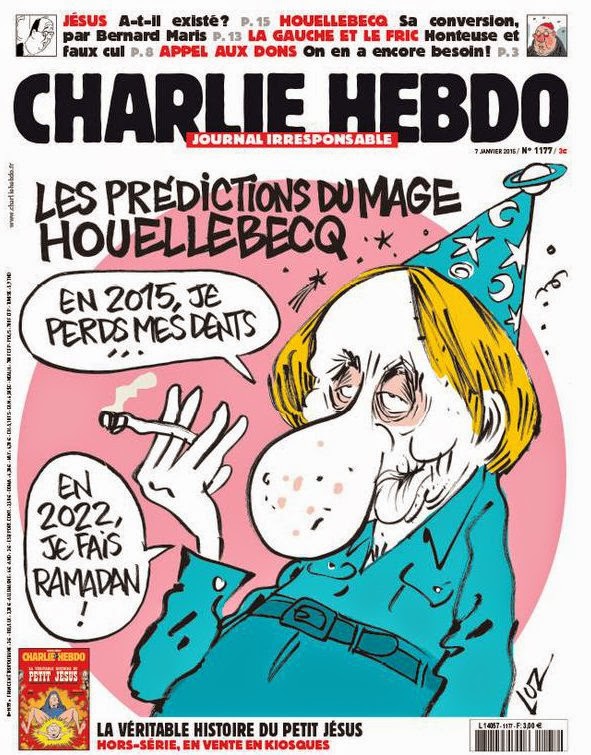Stephen Crane (1871–1900) was born in Newark, New Jersey and died of tuberculosis in Badenweiler, Germany at the age of twenty-eight. Maggie: A Girl of the Streets was his first book and published in 1893 under the pseudonym Johnson Smith, and his brother lent Stephen the money to finance the first impression.
Crane is associated with naturalist writing, and the novella clearly illustrates this. It is set in the slums of the Bowery in Manhattan in the late nineteenth century, where lack of education, multiple childbirth and the inability to break free from the resulting cycle of ignorance, violence and decay are endemic to the social network. The violence perpetrated on young Jimmie at the beginning is an everyday part of the environment he was born into, and a central part of his family life: virtually everyone in the family is violent towards the others, and it is evident that the violence is self-perpetuating. As is the alcoholism which fuels much of the violence.
Jimmie's sister Maggie initially seems to be a big exception: she's a very pretty and virtuous girl who goes to work in a shirt factory for poverty wages and seems to accept her lot. But then she runs into the trap of falling in love with Pete, who is a worldly wise, violent but smooth-talking spiv who wheedles himself into Maggie's life and eventually into his bed. As a result of the hypocritical double standards of the day, spending even a short time living with Pete – who has no interest in her whatsoever after the sexual spark has worn off – Maggie is disowned by her family and equally scorned by her neighbors.
Desperate, Maggie seeks help from a man of religion, who shuns her. Inevitably, the only recourse she can have without dying of starvation is to turn to prostitution.
–––––––––––––––––––
In 1895 Crane had a great success with his novel The Red Badge of Courage.
He was traveling as a war correspondent in 1897 on a ship destined for Cuba when it was wrecked off the coast of Florida near Daytona: his short story 'The Open Boat' is based on his harrowing experiences of this accident. The boat had left from Jacksonville, Florida, where Crane had met Cora Stewart, a brothel keeper who was married but separated from her husband. Cora became Crane's companion until his death, still married but calling herself Cora Crane. Cora Crane herself was also a writer, although after her partner's death she returned to Jacksonville and her main income (initially at least) appears to have come from the management of brothels.
Crane is associated with naturalist writing, and the novella clearly illustrates this. It is set in the slums of the Bowery in Manhattan in the late nineteenth century, where lack of education, multiple childbirth and the inability to break free from the resulting cycle of ignorance, violence and decay are endemic to the social network. The violence perpetrated on young Jimmie at the beginning is an everyday part of the environment he was born into, and a central part of his family life: virtually everyone in the family is violent towards the others, and it is evident that the violence is self-perpetuating. As is the alcoholism which fuels much of the violence.
Jimmie's sister Maggie initially seems to be a big exception: she's a very pretty and virtuous girl who goes to work in a shirt factory for poverty wages and seems to accept her lot. But then she runs into the trap of falling in love with Pete, who is a worldly wise, violent but smooth-talking spiv who wheedles himself into Maggie's life and eventually into his bed. As a result of the hypocritical double standards of the day, spending even a short time living with Pete – who has no interest in her whatsoever after the sexual spark has worn off – Maggie is disowned by her family and equally scorned by her neighbors.
Desperate, Maggie seeks help from a man of religion, who shuns her. Inevitably, the only recourse she can have without dying of starvation is to turn to prostitution.
–––––––––––––––––––
In 1895 Crane had a great success with his novel The Red Badge of Courage.
He was traveling as a war correspondent in 1897 on a ship destined for Cuba when it was wrecked off the coast of Florida near Daytona: his short story 'The Open Boat' is based on his harrowing experiences of this accident. The boat had left from Jacksonville, Florida, where Crane had met Cora Stewart, a brothel keeper who was married but separated from her husband. Cora became Crane's companion until his death, still married but calling herself Cora Crane. Cora Crane herself was also a writer, although after her partner's death she returned to Jacksonville and her main income (initially at least) appears to have come from the management of brothels.
















